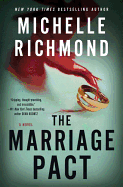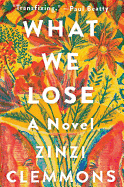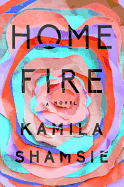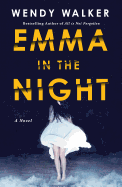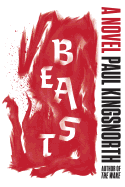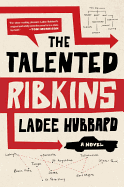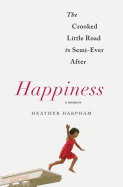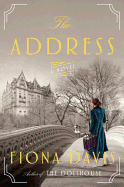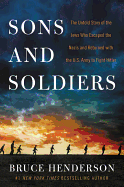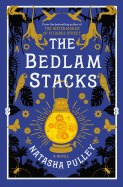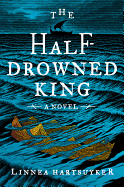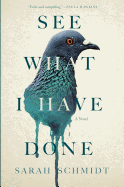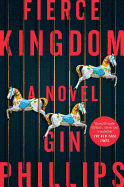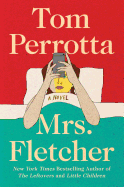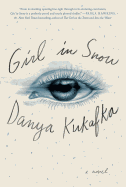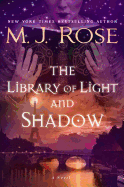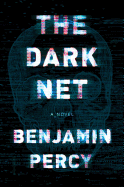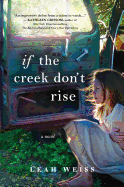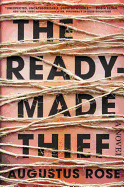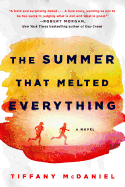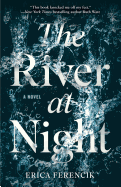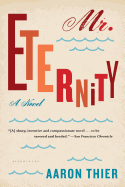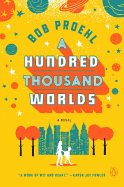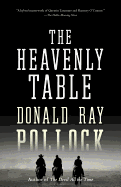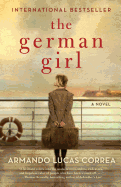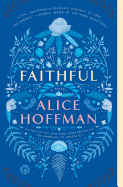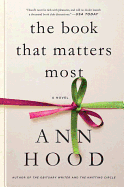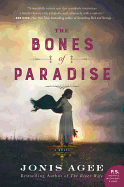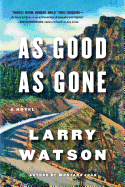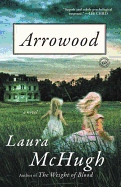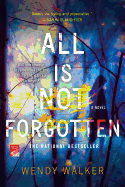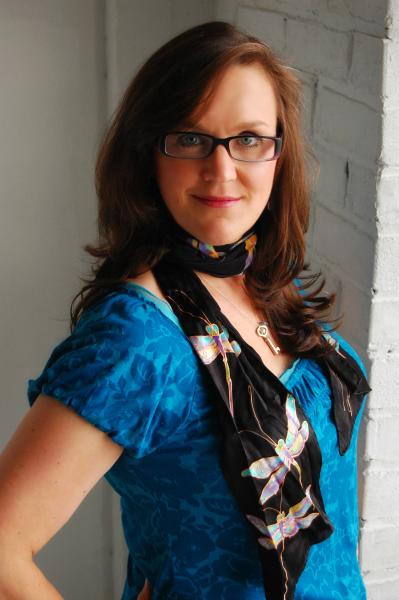 Booksellers have chosen New York Times bestselling author Joshilyn Jackson's The Almost Sisters (William Morrow), about a graphic novelist who discovers a family secret, as their number-one pick for the August Indie Next List.
Booksellers have chosen New York Times bestselling author Joshilyn Jackson's The Almost Sisters (William Morrow), about a graphic novelist who discovers a family secret, as their number-one pick for the August Indie Next List.
Jackson's seven previous novels have won various awards, including the Southern Independent Booksellers Alliance's Book of the Year award and two Georgia Author of the Year awards. Her books have appeared on the Indie Next List and its predecessor, the Book Sense Picks List, a number of times; this is the fifth time that one of Jackson's novels has appeared as independent booksellers' number-one pick. Since its release, The Almost Sisters has received starred reviews in Kirkus and Library Journal and was named an American Library Association Library Reads Pick and a Southern Independent Booksellers Alliance Okra Pick.
Here, Jackson discusses writing about her father's family history for the first time, how booksellers can hand-sell her new book, and being "an enormous nerd."
How does it feel to have The Almost Sisters named the number-one pick for the August Indie Next List?
I cried and cried. This is the third consecutive book of mine that has been a number-one pick. I really hoped I would be on the Indie Next List; it never occurred to me that I would be number one. I just hoped I would be on the list at all. When my editor called to tell me I had the number-one spot, I just sat down on the floor and cried, I was so happy.
What has your relationship with indie booksellers been like during your career?
I have a career because of indie bookstores. When my first novel came out, nothing really happened with it; none of the chains really liked it or noticed it, but independent booksellers all over the country started hand-selling it like crazy. Because of that wave of hand-sellers who were, for a whole year, putting it in the hands of readers, I have a career now--I'm on my eighth book.
It started there, and it's always been that way. That's how my readership has stayed and grown, because independent bookstores keep saying, "Oh, this Joshilyn Jackson book, you've got to read this one!" That kind of support, where booksellers are responding to my book in that way and helping it find the right readers, is incredibly validating as a writer. It just makes you feel like you've really been heard. The way I feel about independent bookstores is that they are what allows me to feel heard.
How did you get the idea for this book?
Including the books I wrote before I started publishing, I've written nine novels about my mother's family, who all came out of a Flannery O'Connor short story. This is the first book where I'm really looking at my father's family, dealing with that family history. I'm a person who really does believe that the past is alive inside our present, that history has deep roots and long, forward-reaching fingers. On my father's side, my grandfather came from a large slave-holding family out of Mississippi, and my grandmother's ancestors were slaves, so I started thinking about my grandmother's mother. She was the daughter of a slave but pale enough to pass, and she fell in love with a white man. I don't know a lot of their story--I never knew them, I never got to talk to them because they died before I was even born--so to write this story of Birchie and Wattie (two women, black and white, 89 and 90, who are best friends with a shared secret and a murder mystery that reaches all the way back to the Civil War), it definitely came out of my trying to imagine and understand that family history.
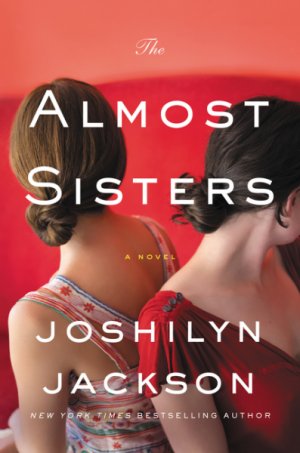 In the book, you refer to the idea of a "Second South," a hidden legacy of slavery and racism that lies beneath the outward gentility of Southern culture. Is Leia's mixture of feeling both pride and shame when it comes to her Southern heritage something you've explored in your previous novels?
In the book, you refer to the idea of a "Second South," a hidden legacy of slavery and racism that lies beneath the outward gentility of Southern culture. Is Leia's mixture of feeling both pride and shame when it comes to her Southern heritage something you've explored in your previous novels?
This idea of the Second South is something that is kind of under the surface of the South that you see, but always present. I think it's important to know it's there and be aware of that, and to look at your culpability and your own agency and what you can do about that.
I've written about it before to some extent. Certainly, that was a part of gods in Alabama. But this is really the first time I've thought about my father's family in these ways. This is a departure. I'm known as a Southern writer. All of my books take place in the South and I write about everything about the South, which is weird because I never wrote about the South until I went to graduate school in Chicago. Before, I didn't have enough distance; I just thought that was how the world was and how people were. I didn't realize how weird we were. I guess I needed that distance to see it clearly, and, of course, I am ambivalent about my homeland; I love it and I despair for it.
Nerd culture--graphic novels, comic books and superheroes--plays a big role in your new novel, in which Leia struggles to write a prequel to her hit graphic novel Violence in Violet. Are you personally interested in things like comics, cosplay, and other nerdy pursuits?
Yes, I'm an enormous nerd, I married an enormous nerd, and we are raising the next generation of nerds. He's more of the comic book person, although I have graphic novels and series that I love. I love everything Neil Gaiman has done, mostly novels, but I also love his graphic novel work. I love Persepolis and literary graphic novels like that. My husband is more the comic book geek, and I'm more of a Buffy the Vampire Slayer kind of person. So, certainly, nerd culture is of interest to me.
I've done this before with other books. I'm always interested in women in the arts and how we relate as artists. For me, watching Leia struggle to get her book right was a way to explore my own process as a novelist. It's very similar, in the way her graphic novel reflects her life and the things that are driving her, without taking them on in a literal way, so that the imagery is her way of thinking things through. That was sort of an explanation of my own process--how your art relates to your life without being a clear one-to-one reflection of your life.
What advice would you give indie booksellers when it comes to hand-selling The Almost Sisters? What is a good pitch to start with?
One thing I love about this book is that it truly is intergenerational. There are characters that range from 13 to 90, who have agency and who are interesting and vibrant and thoroughly engaged in their lives. I think a lot of times older characters can be turned into props or conveniences, and I think that Birchie and Wattie are so vibrant and alive. I think people will really like that.
I also think readers will like the murder mystery; a lot of people like books where history is alive in the present. And there's a great and unexpected love story, which is fun. I think it's funny and smart. It sounds terrible to brag about my book so much, but I spent two years of my life on it and I really freaking love it. --Liz Button
A Q&A With Joshilyn Jackson, Author of August’s #1 Indie Next List Pick


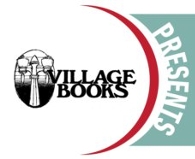
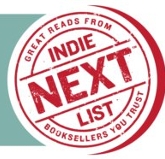

 Booksellers have chosen New York Times bestselling author Joshilyn Jackson's The Almost Sisters (William Morrow), about a graphic novelist who discovers a family secret, as their number-one pick for the August Indie Next List.
Booksellers have chosen New York Times bestselling author Joshilyn Jackson's The Almost Sisters (William Morrow), about a graphic novelist who discovers a family secret, as their number-one pick for the August Indie Next List. In the book, you refer to the idea of a "Second South," a hidden legacy of slavery and racism that lies beneath the outward gentility of Southern culture. Is Leia's mixture of feeling both pride and shame when it comes to her Southern heritage something you've explored in your previous novels?
In the book, you refer to the idea of a "Second South," a hidden legacy of slavery and racism that lies beneath the outward gentility of Southern culture. Is Leia's mixture of feeling both pride and shame when it comes to her Southern heritage something you've explored in your previous novels?